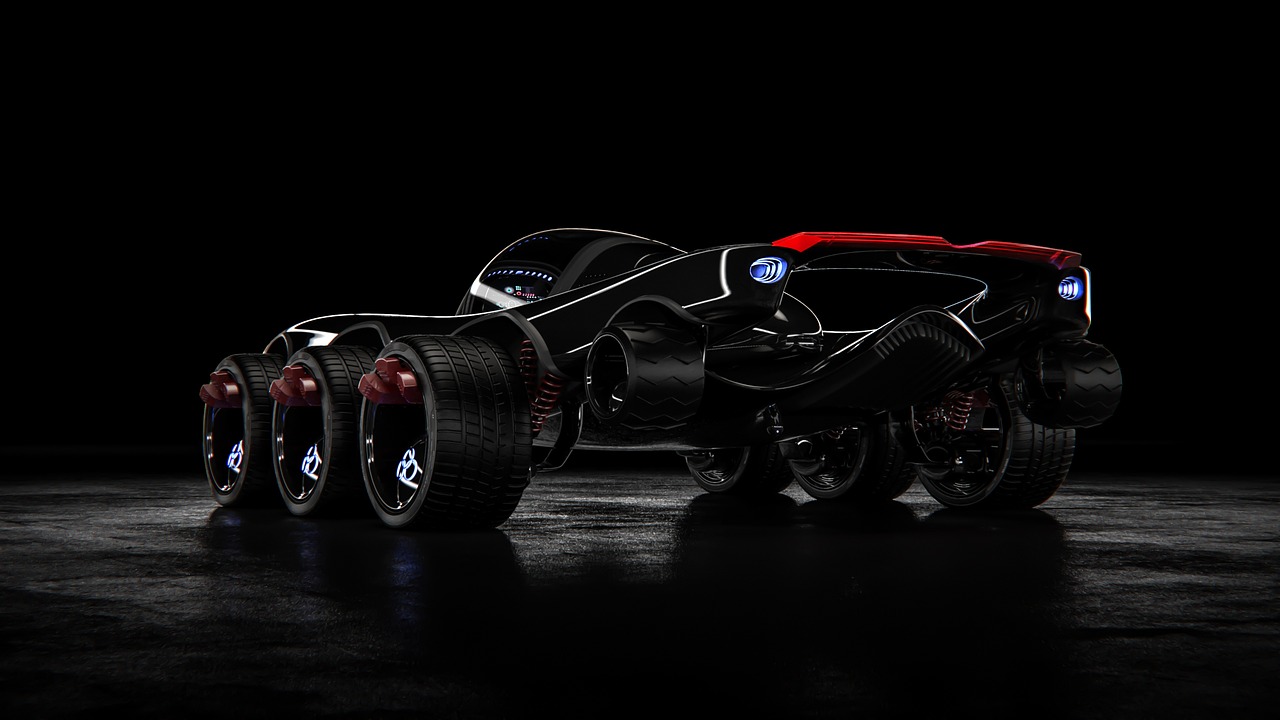Exploring the World of Electric Trucking
The adoption of electric trucks has the potential to revolutionize the transportation industry by offering a cleaner and more sustainable mode of freight transport. With advancements in battery technology, electric trucks now have longer ranges and faster charging times, making them a viable and cost-effective alternative to traditional diesel trucks. This shift towards electric trucking not only reduces greenhouse gas emissions but also helps companies meet their environmental goals and regulatory requirements.
Furthermore, electric trucks have the advantage of lower maintenance costs compared to their diesel counterparts, as they have fewer moving parts and require less frequent servicing. This presents a significant opportunity for companies to save on operational expenses in the long run, further enriching the case for transitioning to electric trucking. As more businesses recognize the economic and environmental benefits of electric trucks, the industry is poised for a major transformation towards a greener and more sustainable future.
The Environmental Impact of Electric Trucks
Electric trucks have been hailed as a promising solution to reduce carbon emissions and combat climate change in the transportation sector. By utilizing electric power instead of fossil fuels, these trucks produce zero tailpipe emissions, significantly improving air quality and reducing the overall carbon footprint of the industry. This shift towards electric trucks is part of a broader initiative to promote sustainability and environmental responsibility in the transportation industry.
How do electric trucks differ from traditional diesel trucks?
Electric trucks run solely on electricity, which means they produce zero emissions during operation, unlike diesel trucks which emit harmful pollutants into the atmosphere.
What is the environmental impact of electric trucks?
Electric trucks have a significantly lower environmental impact compared to diesel trucks. They help reduce greenhouse gas emissions, improve air quality, and contribute to overall sustainability efforts.
Are there any drawbacks to electric trucks in terms of environmental impact?
While electric trucks have many environmental benefits, their production and disposal processes can still have some negative impact on the environment. However, this impact is typically much lower than that of traditional diesel trucks.
How do electric trucks contribute to reducing carbon emissions?
Electric trucks do not rely on fossil fuels for power, so they do not emit carbon dioxide or other harmful gases during operation. This helps reduce the transportation sector’s overall carbon footprint.
Are there any incentives for businesses to switch to electric trucks?
Many governments and organizations offer incentives for businesses to transition to electric trucks, such as tax credits, grants, and rebates. These incentives can help offset the upfront costs of purchasing electric trucks.
What is the future outlook for electric trucks in the transportation industry?
Electric trucks are gaining popularity and momentum in the transportation industry, and many experts predict that they will become a mainstream solution for freight and logistics in the near future. Their environmental benefits make them a key player in the transition to a more sustainable transportation sector.





